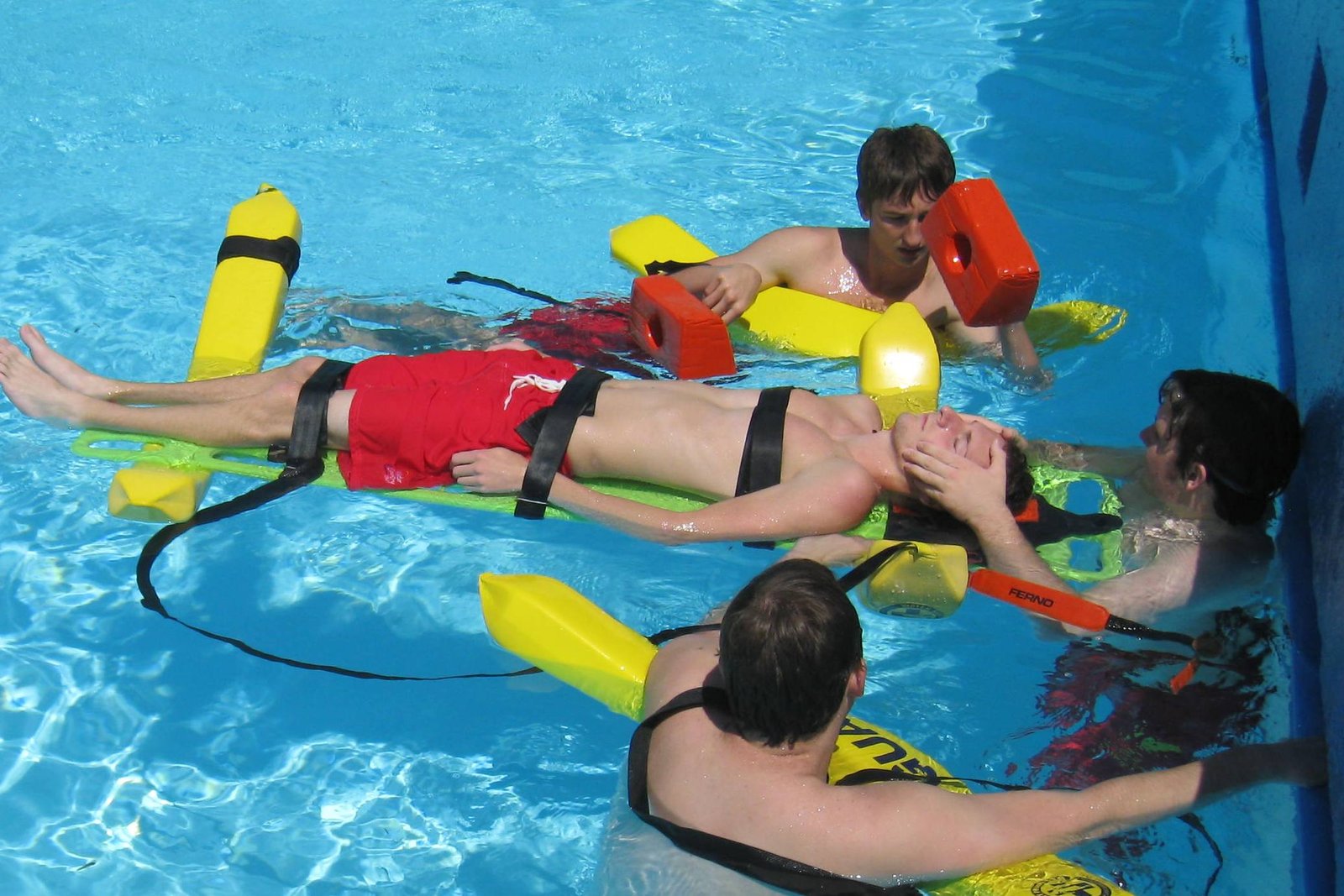Lifeguarding is not just an important skill for those who spend time near water; it is a crucial life-saving profession that requires a high level of expertise, readiness and resilience. It makes all the difference if you want to protect beach goers, swimmers in pools or participants in water-based activities. In this piece we examine what lifeguard training involves, why it’s beneficial to get certified and highlight top programs offered by the American Lifeguard Association (ALA).
Importance of Lifeguard Training
Crot4d
Crot4d
Crot4d
Crot4d
Crot4d
Crot4d
Crot4d
Crot4d
Crot4d
Crot4d
Crot4d
Crot4d
Crot4d crot4d Crot4d crot4d crot4d Crot4d Crot4d crot4d crot4d crot4d crot4d Crot4d
Crot4d Crot4d
Crot4d
Crot4d
Crot4d
Crot4d Crot4d Crot4d Crot4d Crot4d
Crot4d slot gacor
Slot Gacor slot gacor
Slot Gacor slot88
slot88 Slot Gacor
Slot Gacor Slot Gacor
Slot Gacor Slot Gacor
Slot Gacor Slot Gacor
Slot Gacor
Lifeguards are critical players for ensuring safety around aquatic environments. Their duties go beyond mere supervision but they must be ready to respond quickly and effectively during emergencies. To prevent accidents, perform rescues and administer first aid, lifeguard training near me provides individuals with skills needed to manage different situations confidently.
Key components of effective lifeguard training include:
Water Rescue Techniques: Different rescue techniques should be mastered by a lifeguard such as reaching assists, throwing assists and swimming rescues among others. The training involves practicing these techniques under real-life conditions so that they can work during emergencies.
First Aid & CPR: Providers of first aid services are trained on how to carry out cardiopulmonary resuscitation (CPR). This kind of education is vital when dealing with injuries or health crises until professional medical help arrives.
Emergency Response Planning: Communication tools used together with emergency services need management and coordination knowledge by the lifeguards for them to understand how best they can respond in case there’s an unexpected incident.
Physical Fitness: It is necessary for guards at aquatic centers always stay fit since their job requires physical strength which includes swimming long distances as well performing rescues over difficult terrain where fatigue could set in easily if one isn’t fit enough.
The American Lifeguard Association’s Role (ALA)
Training and certification of lifeguards is primarily done by the American Lifeguarding Association (ALA). Known for its all-encompassing and demanding training programs designed to ensure that lifeguards meet highest standards regarding safety as well competence, ALA stands out from other organizations dealing with similar issues.
Why You Should Get Certified By ALA?
Industry Recognition: Amongst many certifications available within the industry ALA becomes one most respected ones especially when it comes about hiring professionals who’ve gone through its rigorous process hence employers prefer them more than those without any certification at all because they know what kind of people will work for them once hired based on their credentials alone not even bothering about anything else like past experiences etc.,
Though sometimes this may happen but rarely does so – usually only applies where there’re no alternatives left anymore after going through whole list again trying find someone else suitable enough who meets requirements specified earlier… however such cases rarely ever occur since usually everyone has some sort qualification before applying anyway which means competition always exists among candidates regardless whether positions available currently or not because even if none exists now eventually new ones will open up later down road possibly requiring additional staff members then too…
Comprehensive Training Programs Offered By ALA
All aspects related specifically towards being a good lifeguard including basic water safety rules up until advanced techniques used during rescues are covered by ALA courses thus making sure participants acquire both theoretical knowledge along practical skills necessary for success while working under different circumstances faced daily basis throughout entire career
ALA Advanced Lifeguard Training: In order to advance their skills, the ALA provides advanced training programs for lifeguards. These courses address complicated rescue situations, advanced first aid, and leadership abilities in greater detail.
Lifeguard Instructor Course: This program is designed for individuals who want to be lifeguard instructors. It consists of instruction on teaching methods, course management, and assessment techniques.
Water Safety Instructor Course: The focus of this class is on teaching water safety and survival skills. It is especially suited for those who wish not only to guard but also teach others about safe practices around water.
Key Features of the ALA Training Programs
- Hands-On Experience: Emphasizing practical experience is a key part of ALA’s training courses. Trainees take part in simulated rescue situations where they practice skills under real aquatic conditions with feedback from instructors to improve their technique.
- Certification & Recertification: Participants earn employer-recognized certification after completing an ALA training program successfully which meets regulatory requirements as well as continuing education credits necessary for recertifying lifeguards’ knowledge levels with current industry standards.
- Safety Standards & Quality Control: Strict safety measures are enforced by the American Lifeguard Association (ALA). With these policies in place it guarantees that all staff members can respond appropriately during emergencies at any aquatic facility they work at while creating safer environments overall.
4.. Support Systems And Resources Available For Lifesavers: Certified lifeguard need support systems and resources throughout their careers according to the American Lifeguard Association (ALA). This includes access to best practices updates, ongoing education options, and a professional network within the field.
Getting Ready for Lifeguarding
Physical readiness combined with mental preparation must take place before enrolling into life-guarding classes like these ones mentioned above here are some helpful hints:
Fitness Level Assessment / Improvement Plan Development Scenario Planning Swimming Skills Evaluation First Aid Knowledge Review Time Commitment Assessment
Conclusion
Investing in yourself through guard training pays dividends when it comes down protecting others as well as advancing your own career prospects . Some of America’s top-notch certification programs exist through ALA giving guards everything needed so they can do their jobs effectively . If you want more responsibility or just starting out this organization could lead you places worth going because they prepare people better than anyone else even outside normal qualifications required by law because membership means joining a community devoted exclusively towards ensuring safety excellence regarding lifesaving jobs performed daily across our nation’s beaches pools rivers lakes etc…




